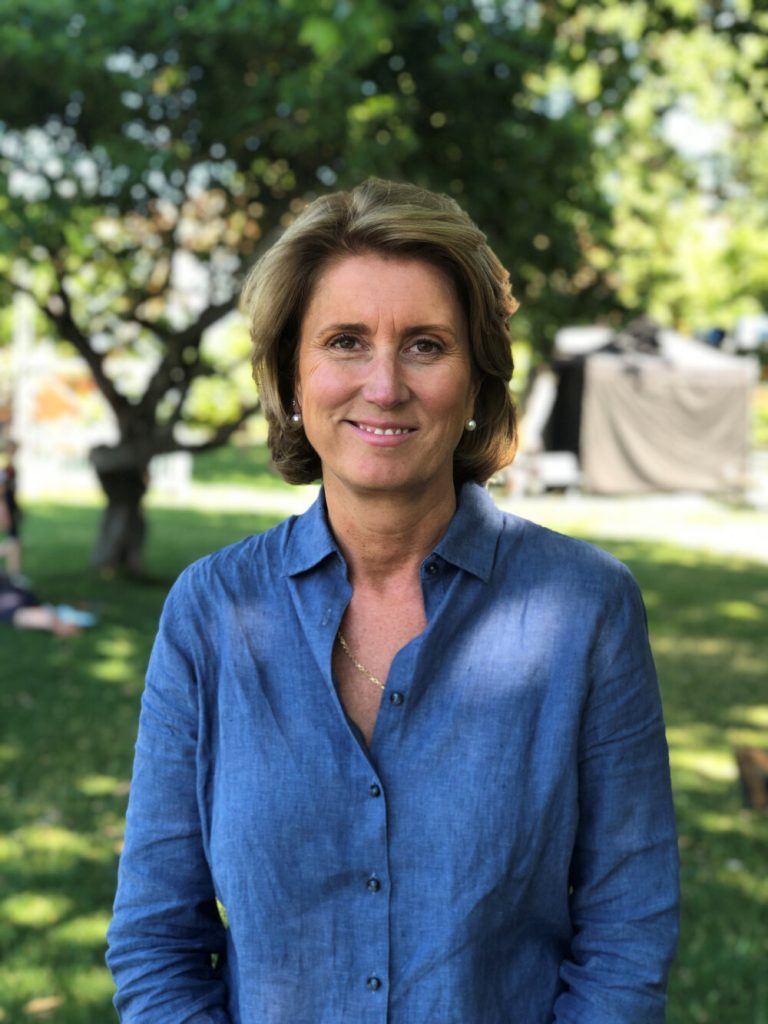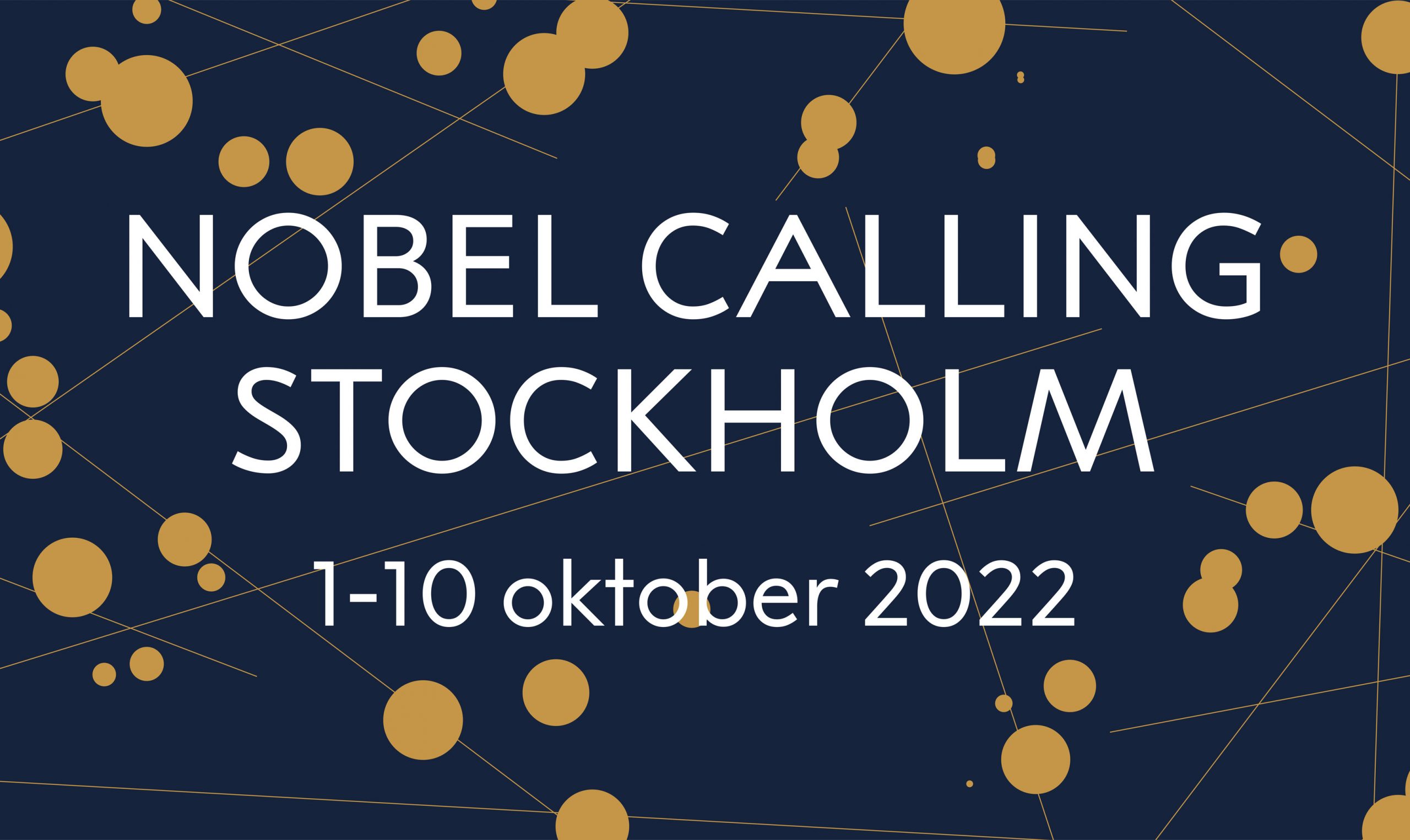We are in the midst of an exciting period, where medical and technological advances have progressed so far that we can really talk about personalised care and treatment. In recent years, medical research – alongside developments in biotechnology and AI – have made great strides towards what was once mainly a faraway vision – precision medicine. This is transforming health care, enabling us to prevent and detect diseases at an early stage and provide more effective treatments. But these new opportunities also come with challenges, one of which is our ability to manage and share health data. Access to health data, including genetic information, on individuals is needed in order to continue developing and implementing precision medicine in the health care system. Are you ready to share personal data to ensure a healthier life for yourself and your fellow human beings?
There has been rapid progress in the way we diagnose diseases, and today it is possible to make more precise diagnoses. This means that many diseases that we used to group under one name may have multiple causes. With more accurate diagnostics, doctors are better placed to provide more personalised treatment based on each individual’s own circumstances. This is true in many different areas of disease, such as cancer. The number of patients in Sweden who are being diagnosed using genomic analysis is steadily increasing. New opportunities also bring challenges, one of which is our ability to manage and share health data.
The Karolinska Institute has invited Anna Martling, the chief physician and professor at the Karolinska Institutet/Karolinska University Hospital, Charlotta Ingvoldstad Malmgren, genetic counselor at the Karolinska University Hospital and Katarina Nyström, lawyer at Genomic Medicine Sweden to tell us more about the new possibilities for more precise diagnostics and personalized treatment and the new perspectives on sharing health data. We discuss the issues further in a panel discussion together with Eva Helmersson, patient representative MS and Annemieke Ålenius, head of department at the eHealth Agency.
-

Anna Martling
-

Charlotta Ingvoldstad Malmgren
-
Anna Martling
-
Charlotta Ingvoldstad Malmgren

